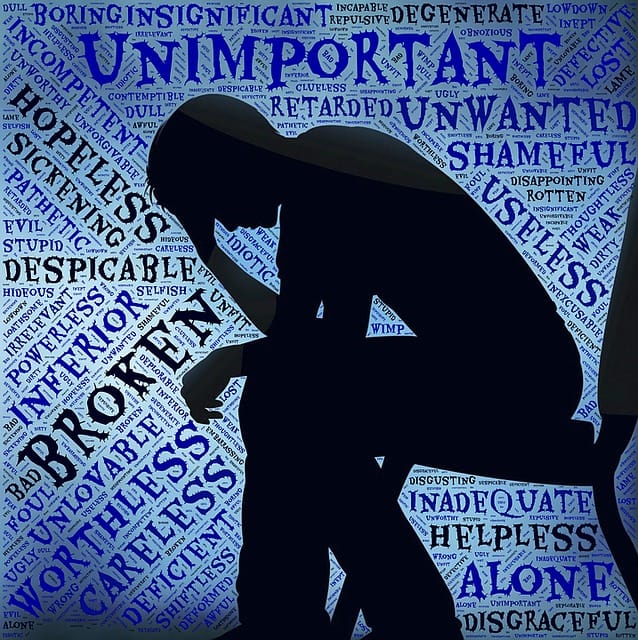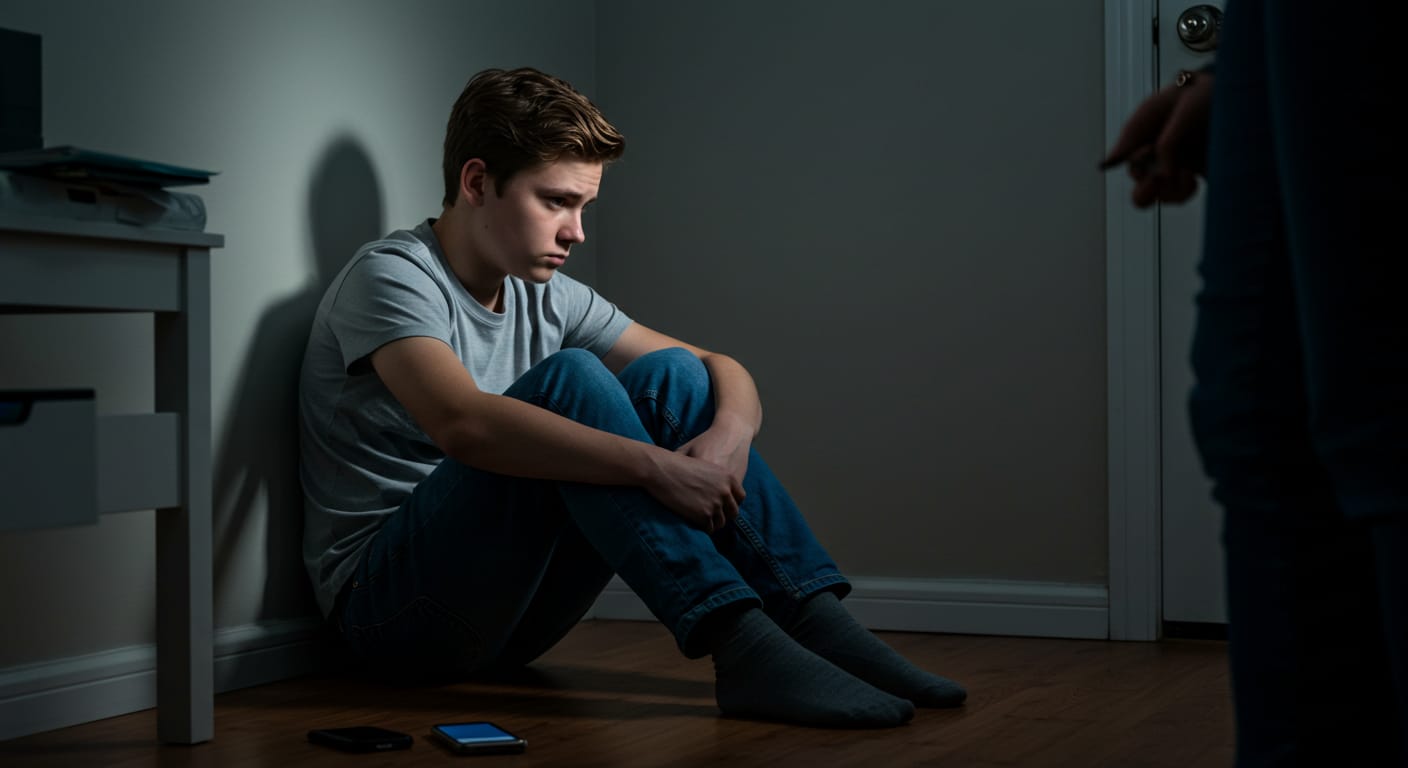🗣️ Depression: Who Can You Really Talk To?
Talking to your child about mental health—especially depression—is hard.
But being the teen trying to speak up?
That’s even harder.
As a parent, you may feel shut out. As a teen, you may feel like no one will understand—or worse, that they’ll judge you.
“I wanted to talk to someone. But who? It’s moments like this, when you need someone the most, that your world seems smallest.”
— Rachel Cohn
👨👩👧 Start by Talking to Parents (Even If It’s Hard)
It’s normal for teens to feel unsure about opening up to their parents.
What if they get mad?
What if they don’t understand?
But here’s the truth: your parents love you.
They’ve been by your side all your life. If they seem distant, it’s often because they don’t know what you’re going through. When you help them understand, they can support you better.
😔 Why It Feels So Difficult
Depression can cloud your thoughts. You may not even understand what’s happening inside your own mind—just that you feel:
-
Sad or empty
-
Tired or irritable
-
Afraid, but unsure of what exactly
-
Like you’re carrying a weight you can’t explain
This confusion makes it scary to speak up. But you don’t have to have all the answers. Just say:
“I don’t feel okay lately, and I think I need help.”
That’s more than enough to begin.
🧩 How to Start the Conversation
Try these steps:
-
Pick a calm moment—not in the middle of an argument or when someone is rushing out the door.
-
Use simple words:
“I’ve been feeling down and don’t know how to handle it.”
“I think I might be depressed and need someone to talk to.” -
If they don’t respond well, try again—or reach out to another trusted adult.
Still feel stuck?
📞 Talk to:
-
A school counselor
-
A trusted teacher or coach
-
A youth pastor or spiritual leader
-
A helpline or teen mental health service
These people can help bridge the gap between you and your parents, or guide you to professional care.
🌱 What Happens After You Speak Up?
Once you open up, your parents (or other adults) will likely want to understand more—so they can help. This can be a huge relief. You’ll no longer be carrying this burden alone.
They may:
-
Schedule a visit with a therapist
-
Help you create a routine for support
-
Make changes at school or home to reduce stress
-
Listen more, and judge less
🔄 Living in Fear? There’s a Way Out
You don’t have to feel trapped. Fear thrives in silence, but healing begins with honesty.
Even if it’s awkward, hard, or messy—talking helps.
Other ways to cope alongside therapy:
-
💬 Journaling
-
🚶🏽♂️ Gentle exercise like walking or yoga
-
🥗 Healthy eating
-
🐶 Connecting with pets
-
🧩 Creative outlets like drawing, music, or writing
🧠 Talk. Share. Heal.
Depression is not a weakness.
It’s a mental health challenge—and challenges can be overcome.
You don’t have to face this alone.
Speak up. Seek help. Let someone in.


